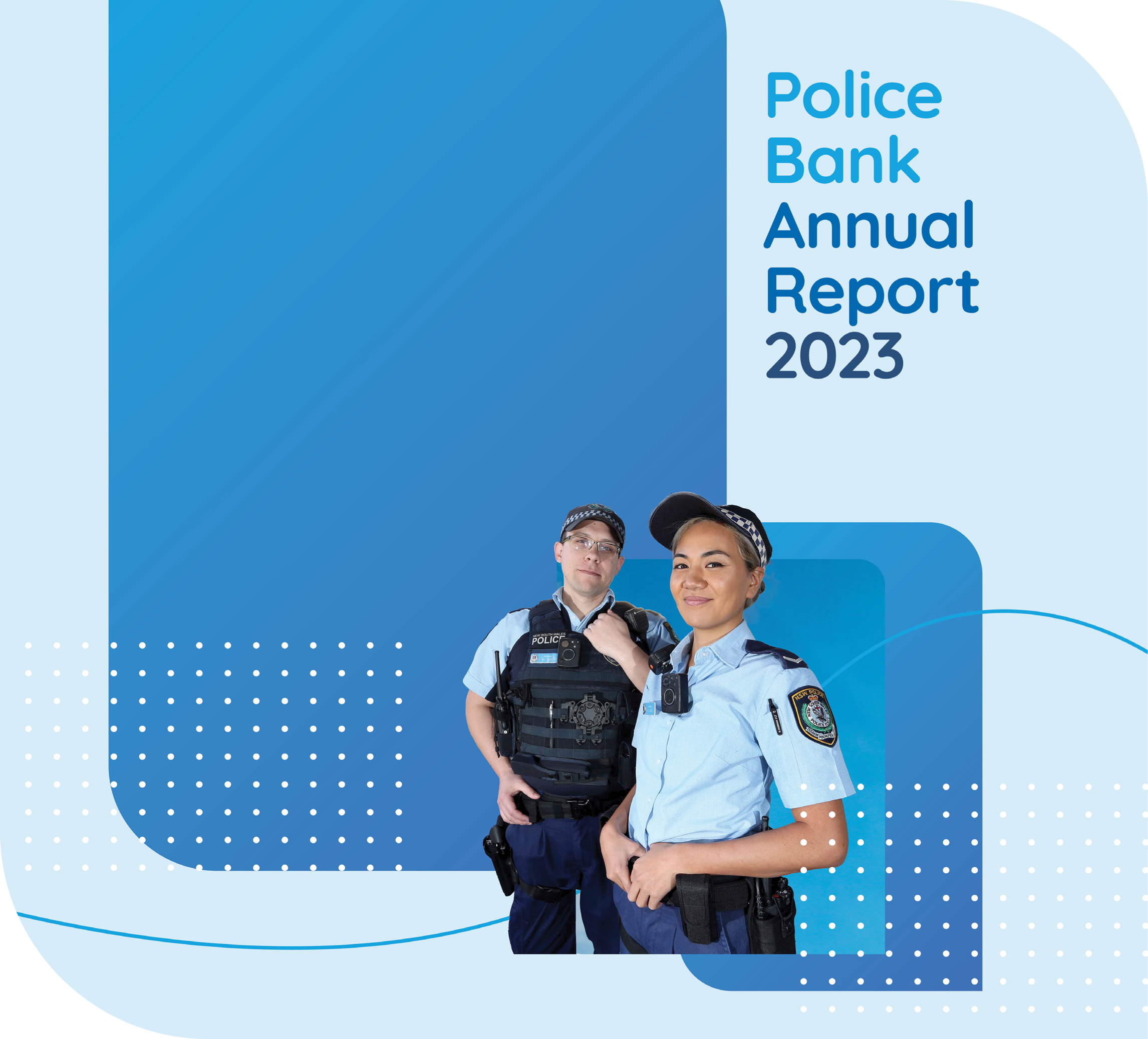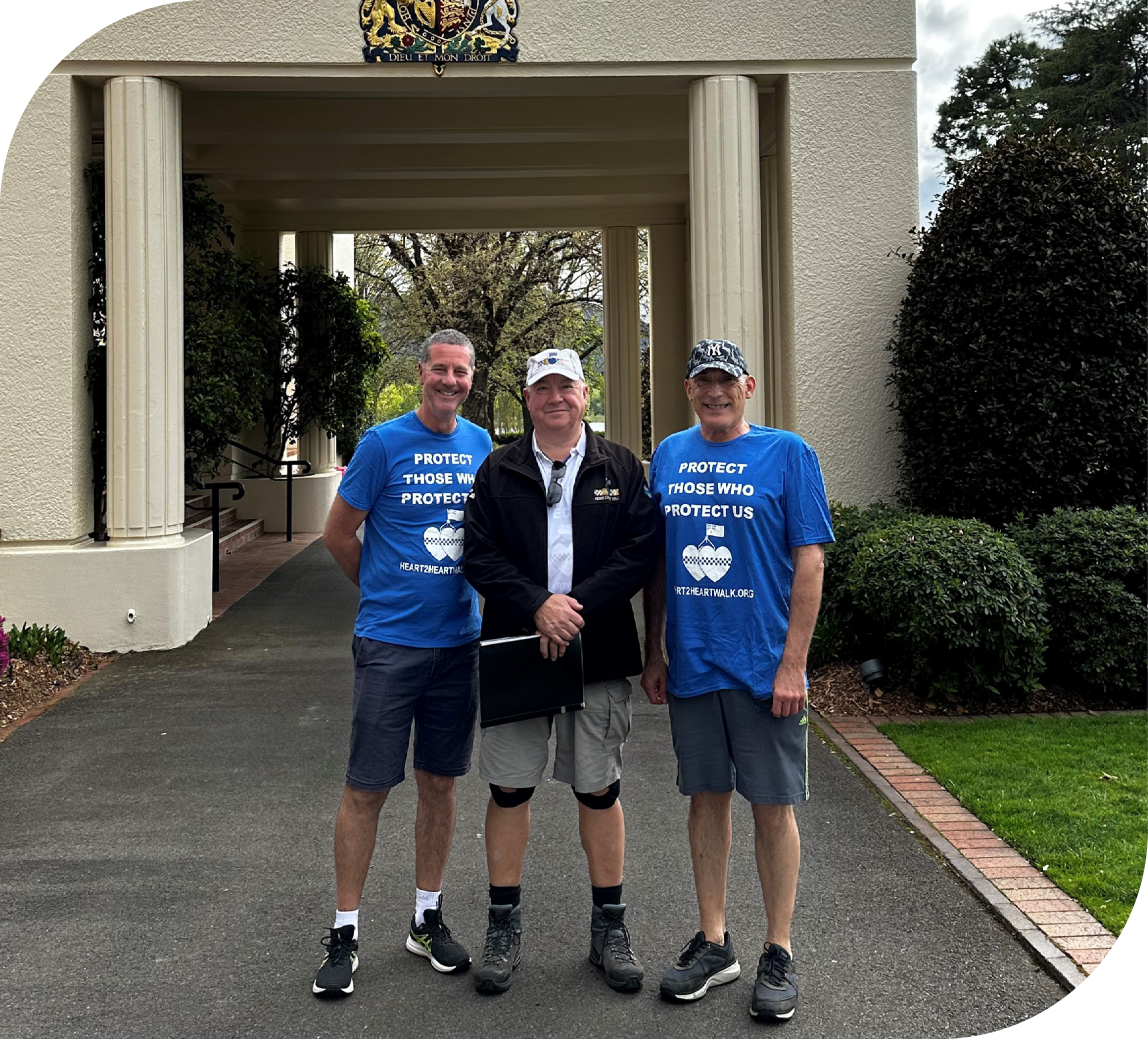The way most people pay for goods and services and do their banking has evolved radically over the past decade and the pace of change has only accelerated in the wake of the COVID pandemic. Here we look at some of the key banking trends and what they might mean for you.
Rapid changes have occurred in the banking sector over the last decade, driven by technological innovations and evolving customer expectations.
The pace of change accelerated during the COVID pandemic when the need to avoid contact boosted the use of online banking and digital payments.
Here we explore some of the major trends occurring in the banking sector today:
We are using less cash
For many Australians, using cash is now a rare event, as society continues to shift toward digital payments. According to a report by the Australian Banking Association (ABA), at the end of 2022, cash only accounted for 13 per cent of consumer payments in Australia. In 2007, that figure was 70 per cent.
Angel Zhong, Associate Professor of Finance at RMIT University, said the move to a cashless society is no longer just a possibility: “This transition to a cashless economy is well underway. It started prior to the pandemic due to technological innovations and advancements but then COVD accelerated this trend because during COVID a lot of stores accepted contactless payments.”
In a global trend, cash will be defunct in Sweden by 2024, replaced by electronic payments and central bank digital currency (CBDC).
Zhong estimates that Australia will be a cashless society by 2030.
But that doesn’t mean cash will disappear entirely.
We have only to look to the large-scale Optus outage in November, which prevented millions of Australians from using digital payments, for an example of the way cash can be useful in a crisis.
“Moving to a cashless society doesn’t mean that there’s no bank notes at all,” said Zhong. “No one should be panicking that your banknotes will no longer carry value. There is always a place for cash, but the majority will be making payments with digital wallets.”
Rise of digital payments
The convenience, speed and security of digital transactions has proven irresistible and led to digital payments eclipsing traditional methods.
According to the ABA, mobile wallet transactions surged from $746 million in 2018 to more than $93 billion in 2022, while the number of cards registered to mobile wallets rose from just over 2 million to 15.3 million over the same period.
Other digital payment options such as PayID and Paypal are also gaining traction.
Cheques are declining
As the range of available payment options increases, the use of cheques has plummeted.
The Australian Government plans to phase out cheques as it seeks to modernise Australia’s payments infrastructure, with the country’s cheque system scheduled to wind down no later than 2030. Government usage cheques will be phased out by 2028.
As cheques become lesson common, bank customers are using alternative payment methods such as direct debit, BPAY, PayID, and digital card payments.
We are mostly banking online
Australian bank customers have overwhelmingly shifted to digital when it comes to doing their banking. The majority (98.9%) of transactions are now handled through online channels and apps, according to the ABA.
In person branch transactions are experiencing a rapid decline, falling by 46% from FY19 to FY22, as most transactions can be conveniently done online or by phone.
Customers benefits from online banking that can be done anywhere and anytime, and when they do come to a branch, it’s usually for more complex, non-transactional needs.
Cyber security is a high priority
Cyber-attacks are increasing in frequency and impact as criminals continuously adopt new ways to compromise systems and information.
More than two in 10 businesses experienced a cyber security attack during the 2021-22 financial year, compared to almost one in 10 in 2019-20.
Faced with rapidly evolving hacking methods, banks are beginning to embrace advanced technologies such as analytics and artificial intelligence to detect threats effectively.
Regtech and the revolution of regulation
Regulation of banks has increased in recent years, increasing costs, especially for smaller organisations with less resources.
A new wave of solutions known as “regtech” is starting to streamline the work of compliance and thereby reduce the costs.
Using advanced data analytics, regtech solutions can help banks identify potential risks and compliance issues with greater precision, reducing the likelihood of mistakes and penalties.
Evolving customer expectations
Having become accustomed to the digital experience offered by Apple, Amazon and Google, customers expect their banks to interact more like these top technology brands.
“The traditional approach of bank-developed products being served up to customers is unlikely to survive until 2030, as customers increasingly seek the providers that can best meet their specific needs,” said Matt Baxby, CEO – Australia, at finance app Revolut.
Customers are increasingly conscious of ethical, environmental, and social issues and will continue to look to their banks that reflect their values.
“The consumer of 2030 will be more socially and environmentally conscious than at any other point in history,” said KPMG. “In this reality, earning and maintaining a licence to operate is dependent on having a clear social and commercial purpose that extends beyond serving the immediate needs of the customer to solving deeper societal challenges our community faces.”
Moving to the cloud
To fully benefit from the rapid technological changes that are occurring and respond quickly to consumer needs, banks are switching from onsite IT infrastructure to cloud-based solutions for their core banking systems.
The cloud becomes a place for banks to store data and applications and access advanced software applications via the internet.
The shift offers numerous benefits including cost-efficiency, scalability, improved security, and the facilitation of AI integration.
The move to the cloud will strengthen the trend toward banks and fintechs partnering to better meet the needs of customers than they could acting independently.
“As the industry diversifies, industry players will find new ways of working cooperatively, taking advantage of partnership models to deliver better services to consumers,” said Adam Roberts, VP Digital, Data and Payments Innovation, AMEX.
Our journey
As Police Bank approaches the celebration of its 60th anniversary next year, we are undergoing a transformation that will underpin our sustainability in the years to come.
A key part of becoming a bank of the future is our transition to a new core banking system, which will offer members a more seamless way of banking with us.
We have partnered with fintech Temenos that will provide us with the agility to adopt new technologies as they become available and meet your changing needs for many years to come.
Our digital modernisation will not reduce face-to-face interaction between members and our staff, but rather free up staff from clunky systems so they have time for more purposeful matters – like conversations with you.
This project will allow us to deliver a better, safer banking experience for you today and into the future, while maintaining our focus on our members and giving back to our community.
We will keep you informed every step of the way. So keep an eye out for updates from us.
Spotlight articles are prepared without taking into account your objectives, financial situation or needs and are published for information purposes only. You should consider the appropriateness of any content to your circumstances. Visit Important documents to access Terms and Conditions and the Financial Services Guide which are currently available electronically for products of Police Bank Limited. Target Market Determinations are available here. Loan applications are subject to lending criteria and credit approval. Interest rates are subject to change. Fees and charges may apply.










